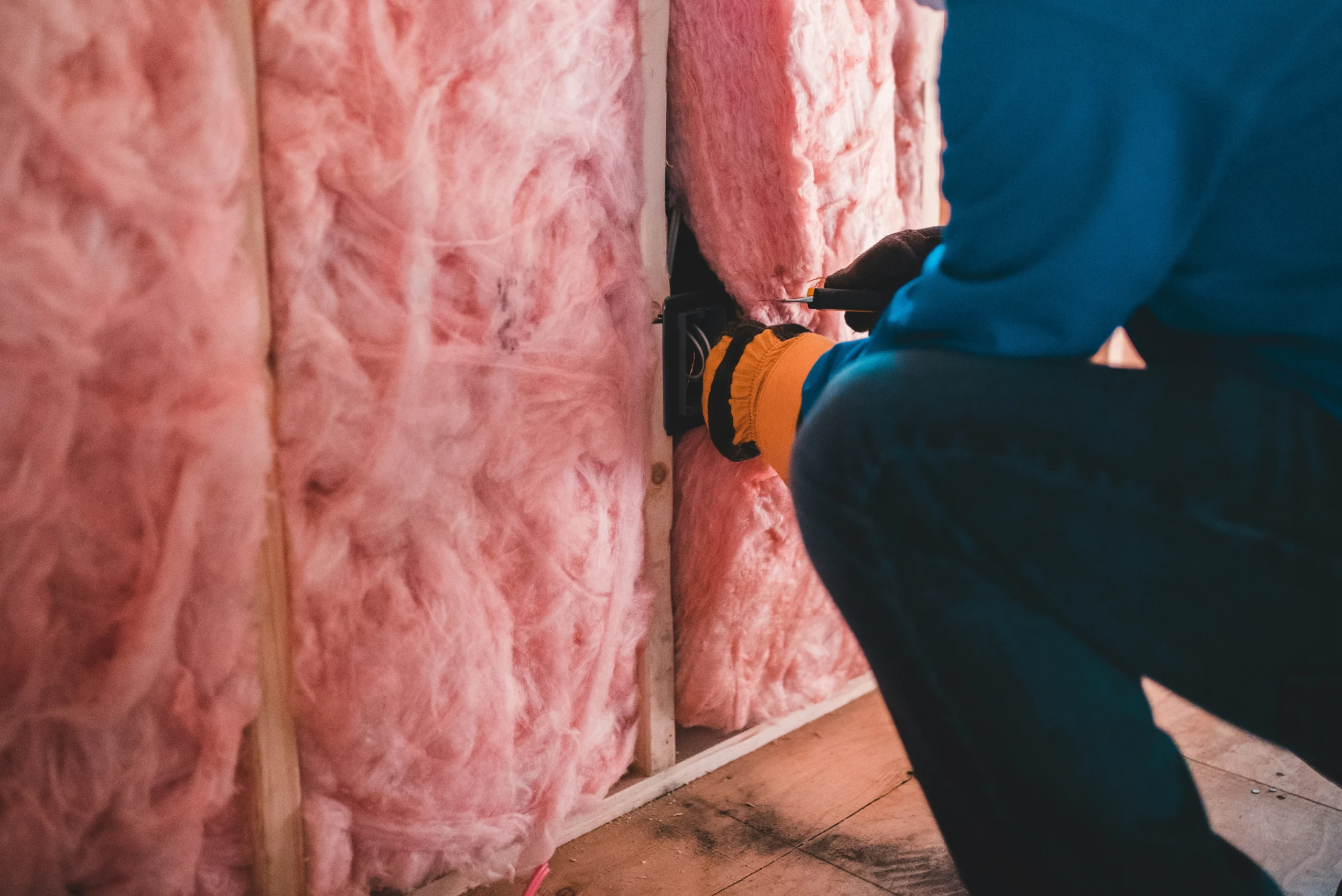
Energy efficiency means using less energy to perform the same tasks. In homes, it reduces waste while maintaining comfort. This matters because it cuts energy bills, lowers carbon emissions, and helps build a sustainable future. With energy usage making up a large proportion of household costs, improving efficiency can make a real difference to both our environment and wallets.
The UK government is working hard to reduce national carbon emissions, and residential buildings contribute significantly to the country’s carbon footprint. Making homes more energy-efficient is a key goal on the journey toward net zero.
To help achieve this, the government launched the Great British Insulation Scheme (GBIS). The initiative is designed to make insulation more accessible, especially for lower-income and vulnerable households. It supports energy-saving upgrades that can transform cold, draughty homes into warm, efficient spaces.
The GBIS is a government-backed programme that helps homeowners and renters in England, Scotland, and Wales access free or heavily subsidised insulation measures. Its primary aim is to reduce household energy consumption and tackle fuel poverty while supporting the UK’s broader climate commitments.
The scheme was officially launched in 2023 as part of the government’s effort to respond to rising energy prices and the ongoing cost of living crisis. It builds on previous initiatives like the Energy Company Obligation (ECO), but with an expanded focus. While ECO primarily supports low-income households, GBIS is broader in scope, also targeting middle-income earners who may not qualify for other support.
By prioritising insulation measures—one of the most effective ways to retain heat—GBIS provides a long-term solution to improve energy efficiency and reduce dependency on heating systems that often rely on fossil fuels.
Insulation plays a crucial role in how efficiently a home retains heat. Without proper insulation, a significant amount of warmth is lost through walls, roofs, and floors, meaning heating systems have to work harder and consume more energy.
Through GBIS, households can save hundreds of pounds a year on energy bills by making their homes more thermally efficient. These savings are especially vital during the colder months when heating usage spikes.
Beyond financial benefits, the scheme contributes to the UK’s environmental objectives. By lowering the amount of energy needed to heat homes, GBIS reduces carbon emissions, helping to meet the UK’s legally binding net-zero targets by 2050.
It also plays a role in addressing fuel poverty. With millions of households struggling to heat their homes affordably, the scheme provides essential relief. Warmer homes lead to improved health outcomes, particularly for the elderly, children, and those with long-term illnesses who are more vulnerable to cold temperatures.
Eligibility for GBIS is divided into two groups, ensuring that the scheme reaches those who need it most, while also extending support to a wider demographic:
Local council rules and property characteristics, such as the type of walls or age of the home, may also influence eligibility. It’s always advisable to check with an accredited provider or through an online eligibility checker.
The Great British Insulation Scheme supports a wide range of insulation types. These are selected based on what each individual property needs:
Each of these measures can be tailored to the specific layout and condition of a home, providing targeted improvements for maximum impact.
The scheme is delivered through energy suppliers, who are obligated to fund energy efficiency improvements under government legislation. They work with approved installers to assess homes and carry out insulation work.
Once a homeowner or tenant expresses interest, a qualified energy assessor visits the property to evaluate its current insulation levels and recommend the best upgrades. This assessment may include checking the EPC rating, inspecting walls and roofs, and calculating potential savings.
Following the assessment, approved installers carry out the recommended work. Most installations are completed in one or two days, with minimal disruption. Many households, particularly those in the Core Group, receive insulation for free. Those in the General Group may be asked to contribute a small amount, but the savings on energy bills usually outweigh any upfront costs.
Applying for the scheme is straightforward and can be done in a few simple steps:
You may need to provide documents such as proof of income or benefits, an EPC certificate, and identification. Renters must also provide written permission from their landlord.
It’s essential to work with certified providers like Green Homes Group to ensure quality and compliance with government standards.
Green Homes Group supports homeowners and tenants throughout the entire GBIS process. From the initial enquiry and eligibility checks to property assessments and installations, we offer a complete end-to-end service.
Our team handles all the paperwork and communicates with suppliers on your behalf, making the process stress-free and efficient. We are fully accredited under TrustMark and PAS 2030, so you can be confident that all work is carried out to the highest industry standards.
Our goal is to make energy efficiency accessible for everyone, and we are committed to helping you get the most from the Great British Insulation Scheme.